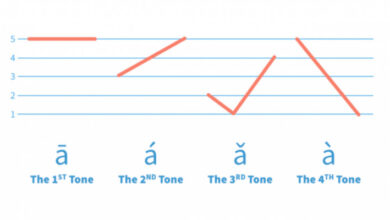
BOOK PUBLISHING OPTIONS THAT NEW AUTHORS SHOULD CONSIDER
So you’ve written a book? Congratulations! Now comes the hard part: getting it published. In fact, many aspiring authors will tell you that finding a publisher is more difficult than writing the book itself! Publishing a book is a whole task in itself that requires a great deal of time investment and persistent efforts. It’s not uncommon for a new author to send out numerous query letters to literary agents, receive myriads of rejection letters and then give up altogether. It happens every day in the publishing industry. One shall not invest so much energy in landing a literary agent to get a traditional publishing deal. Rather, it actually makes a lot more sense to approach indie presses, hybrid publishers, and self-publishing companies. This piece will examine the three-book publishing options commonly available, explain the pros and cons of each, and help you understand exactly which one.
Say No to Agents
Agent representations are more than likely to constantly pester you with unreasonable delays and excuses. You will have to wait years to be published or you might throw your hands up and give up. You generally don’t need a literary agent to approach any of those types of publishers. Indie presses post their submission guidelines online, so follow those guidelines carefully when submitting your materials. Some will want the first few chapters and a synopsis, for example. It makes the process far speedier, easier, and efficient for the writers. Hybrid publishers are similar but usually less strict with their guidelines. Self-publishing companies are the least stringent because, well, it’s self-publishing and it’s up to the author to decide if the book is worth publishing. There are no gatekeepers in self-publishing. Power to the author! No matter the route you choose, try to stay away from publishers who require agent representation.
Explore New Options
The publishing industry is bigger than New York City, yet, there is some sort of fixation on NYC publishers only. Authors are often struck at hiring a publisher from NYC only. Most of them live under the impression that only NYC publishers are credible and worthy enough to publish their books. No doubt, the “Big 5” publishers are in NYC but you can only get to them through an agent. But hiring an agent doesn’t appear to be the appropriate choice for new and upcoming authors. Instead, they shall look at publishers in places like Los Angeles, that offer a variety of quality publishing houses. Los Angeles is a gold mine of reputable book publishers waiting to help authors like yourself. A publisher from Los Angeles has all the resources that an NYC publisher has. In fact, it comes with the added advantage of you not having to face unreasonably tough competition. Authors, especially the new ones, can get their books published with much more ease. They just need to realize what’s best for them and make an informed decision.
Ultimately, the choice is yours when it comes to publishing your book. With all the available options today, there has never been a better time for indie authors to make a splash with their books!




